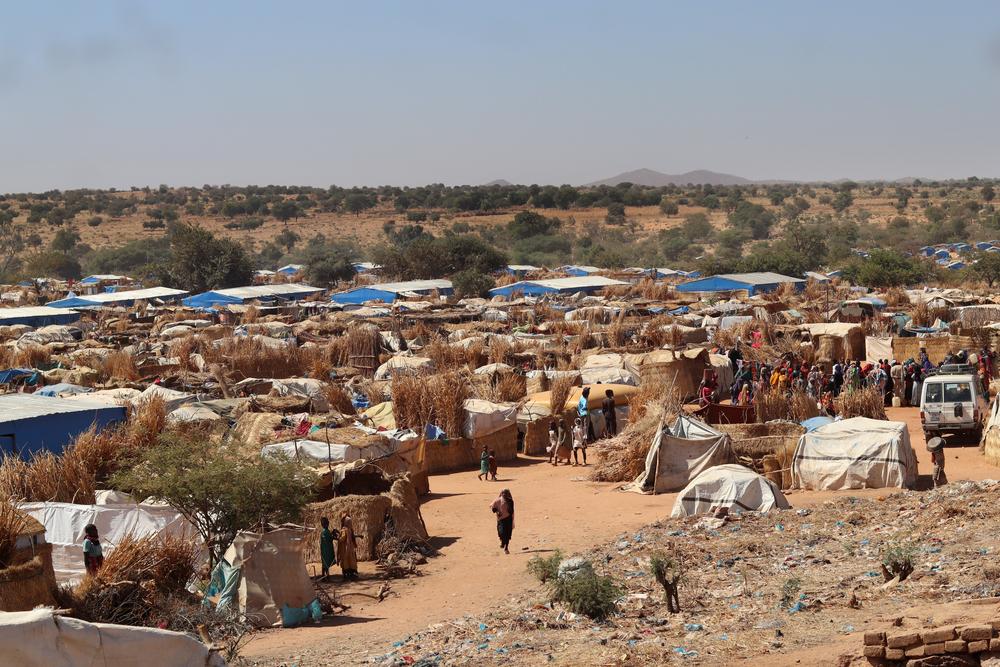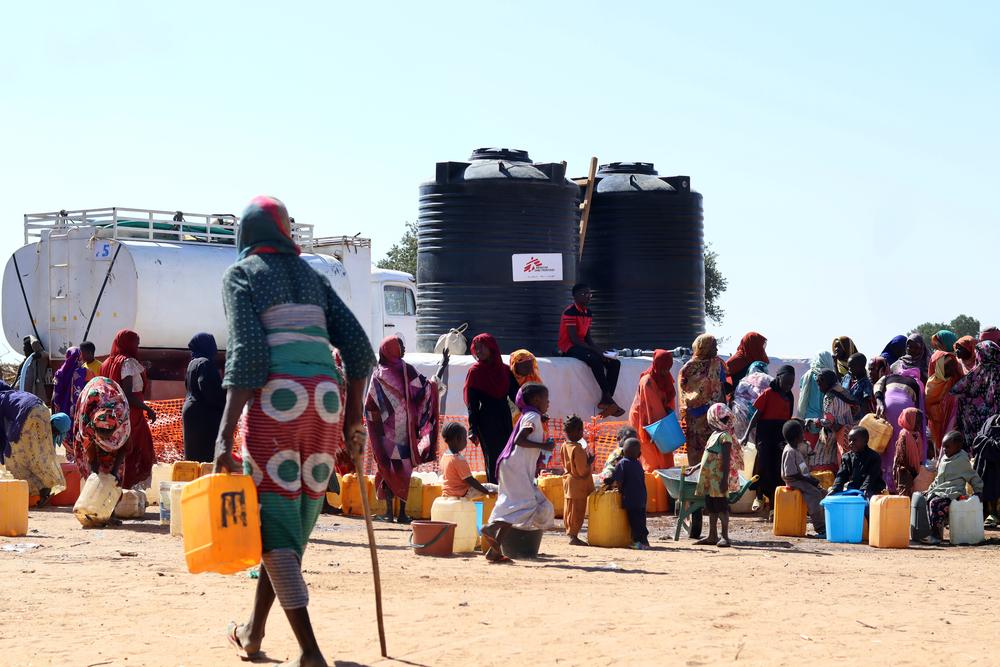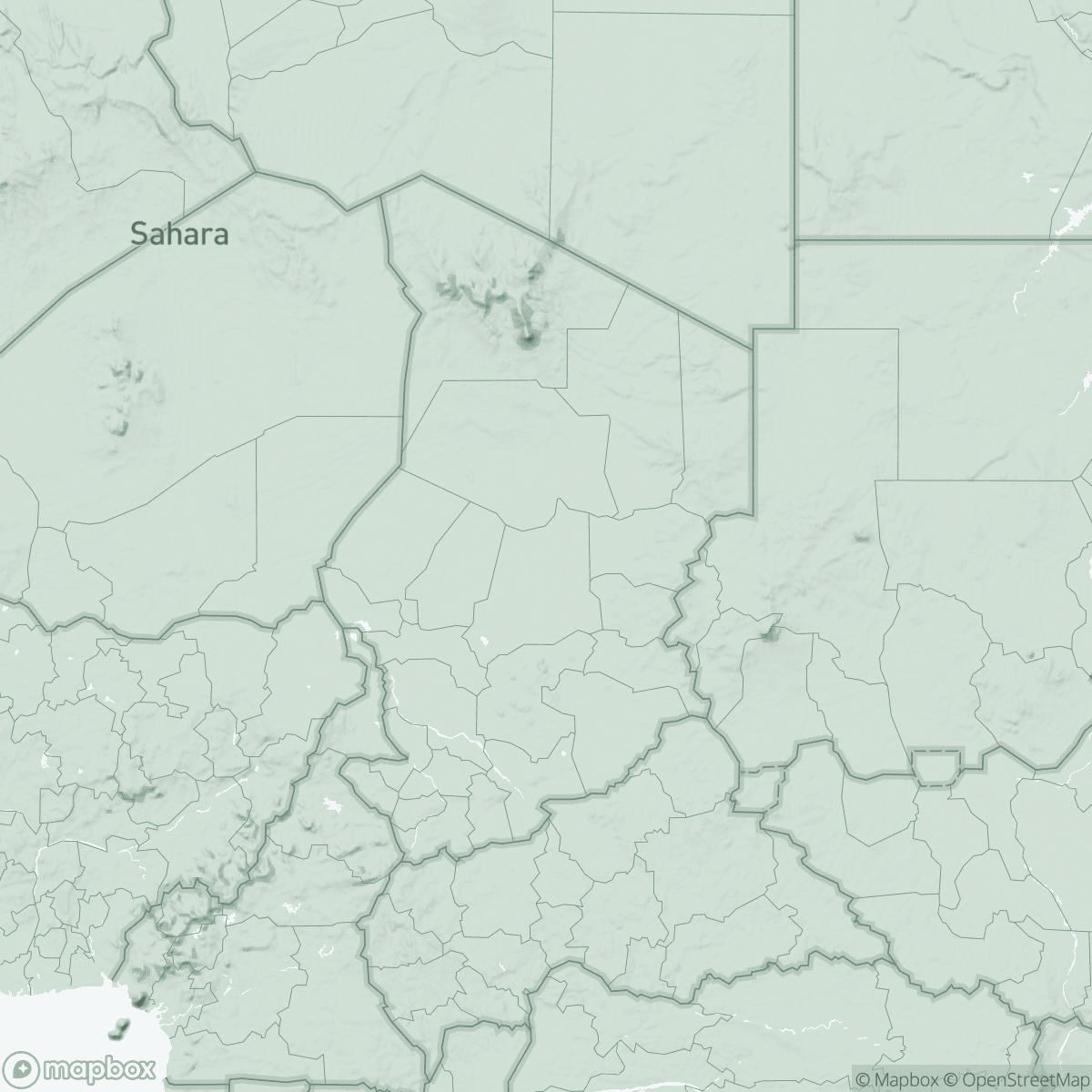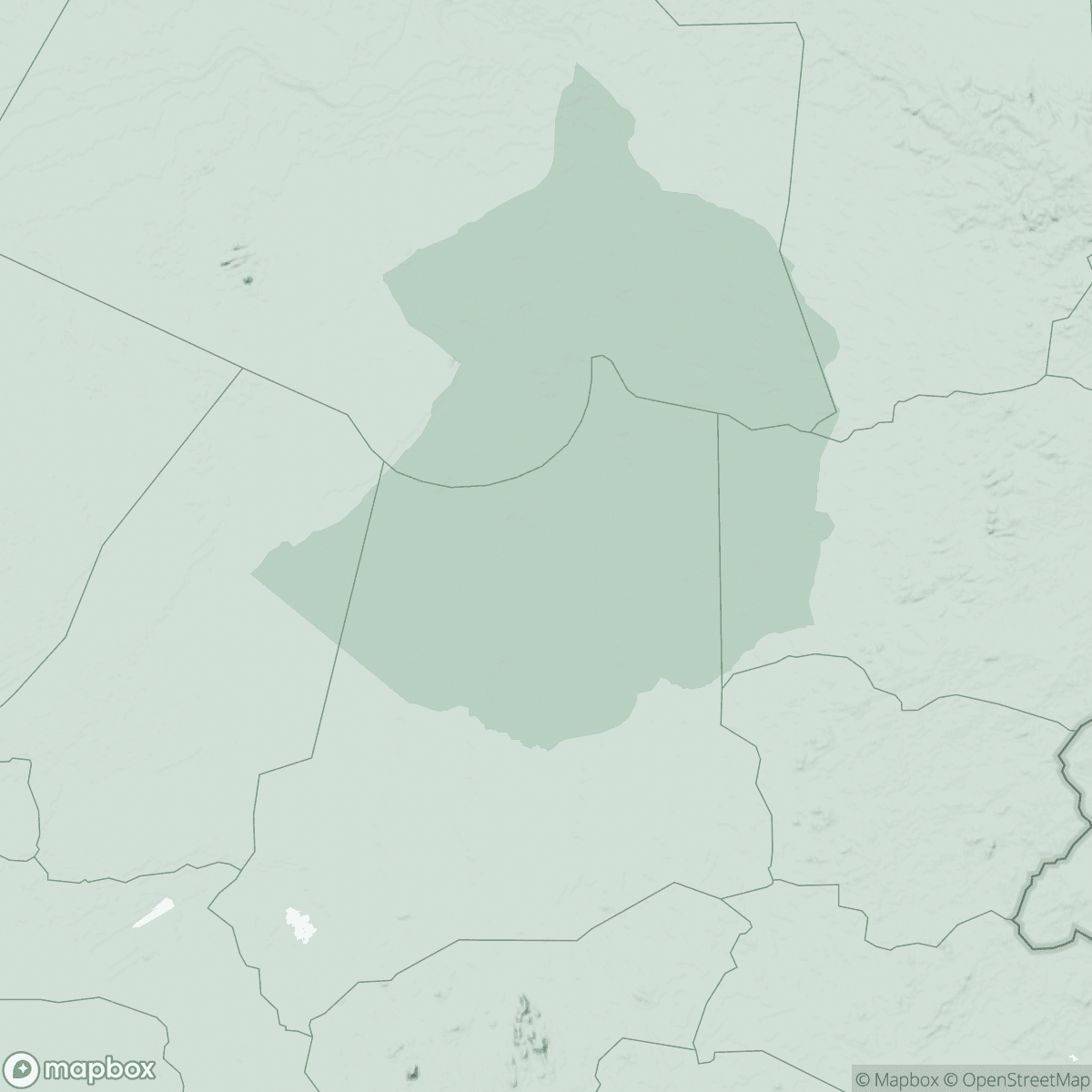
"Half a Million Sudanese Refugees in Eastern Chad are Depending on Humanitarian Aid - Stephen Cornish"
In 1 click, help us spread this information :
“This week, I visited the camps in eastern Chad to witness the living conditions of Sudanese refugees.
I have worked as a humanitarian worker in countries across the globe, but what I have seen in Chad in this emergency has shocked me to my core.
With such a rapid and vast displacement of people fleeing harrowing violence, the overwhelming nature of how many people have sought refuge here and knowing the stories and what made them flee is really very hard on the heart. So many people seeking refuge in the desert are relying on humanitarian aid, which is inadequate and sporadic. This cannot go on.
Despite the tireless efforts of humanitarian organisations and the welcoming gestures from the host communities and the government of Chad, the situation is close to catastrophic. From insufficient access to food, water, and shelter to concerns about proper hygiene, it’s a daily struggle for those who have left almost everything behind.
Approximately 150,000 individuals in Adre transit camp and the surrounding areas live week to week, navigating through precarious conditions to survive.
The limited food distributions happen irregularly and the amounts distributed typically lasts only a couple of weeks. On top of that, not everyone is receiving these distributions. In Adre, there’s one latrine for 300 to 400 people far below the recommend standards. Despite tremendous efforts put forth by MSF and local partners, delivering half a million l liters of water daily, refugees only receive between six to eight liters per day. People don't have enough water to bathe, to clean, to cook. They don’t have suitable jerry cans in order to be able to collect and store water properly.
We've already seen a very high incidence of malnutrition, as well as high numbers of people suffering from diarrhoea and malaria. Speaking with the doctors here this week, the number of cases of malaria has decreased but it is still widespread.
Our role now is to ensure enough assistance together with other partners going forward so we don't end up in another catastrophic situation several months down the road. Today, people can survive for the next couple of months but what will happen after that?
There are many organisations here on the ground, but they don't have the financial resources to meet the needs of the people.
So, we need governments. We need donor countries to help organisations on the ground to scale up and meet the emergency needs, from shelter to water to food.
The people suffering in this crisis are predominantly women and children, while many are also victims of large-scale violence.

Their testimonies recount unspeakable horrors - family members killed, women enduring heinous acts of abduction and sexual violence, and homes reduced to ashes. Their sole aspiration is to find a safe haven in Chad and be able to live in decent and dignified conditions.
These people, relocated in the desert, cannot face this ordeal alone. This cannot be put aside and forgotten as just another crisis... Solid and sustained humanitarian commitments and an urgent scale up of aid efforts on the ground are urgently required to avoid a catastrophic crisis and large-scale misery in the months to come. "

